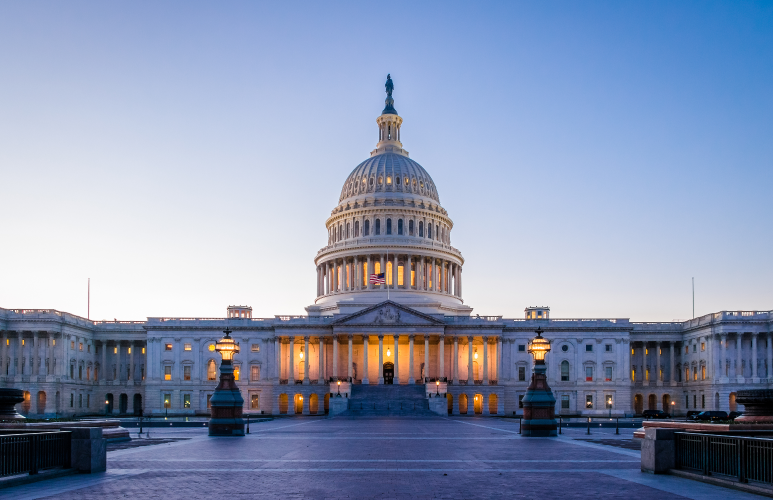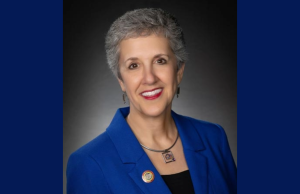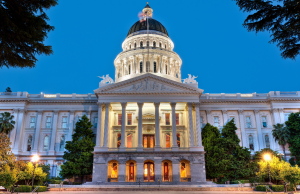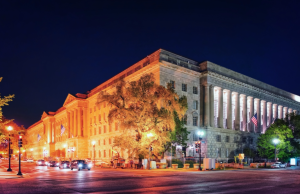Federal legislation that would restore tax breaks for donors, allow seniors to make tax-free withdrawals from their individual retirement accounts (IRAs) when making a contribution, and tie the sector closer to federal agencies are in various stages of discussion on Capitol Hill.
The most likely to gain passage are the Legacy IRA Act and an attachment to a tax bill reinstating a deduction of $300 for single filers and $600 for joint filers, according to lobbyists for the sector.
“Tax policy drives giving and any tax tool that can be put into law to incentivize donations is a good thing because it’s always hard to raise money as a nonprofit,” said Joel Larson, director of state advocacy for the YMCA of the U.S.A.
The Senate Finance Committee recently voted out of committee the bipartisan IRA Legacy Act, which would allow senior citizens to make a tax-free withdrawal from an IRA of up to $400,000 if the money was going to a charity. It still has to pass the full Senate and be reconciled with similar legislation being worked on in the U.S. House of Representatives. After passage by both chambers it would go to the president for signature.
The bill could be reconfigured along the way or stalled. But its movement so far, after being introduced this past spring, has buoyed nonprofit leaders.
“It’s an indication of Congress’s recognition that tax policy implicates charitable giving,” said Steve Taylor, senior vice president of government relations for United Way Worldwide.
The average age of a U.S. donor is 64 and Baby Boomers — individuals born between 1946 and 1964 with access to IRAs if they opened one — account for 43% of all donations, according to a Philanthropy Roundtable study. “The IRA Legacy Act is not controversial,” said David Thompson, vice president of public policy for the National Council of Nonprofits, in predicting its eventual passage.
The IRA Legacy Act is considered “niche” legislation by some, including Taylor, because it would pertain to wealthier donors. Lobbyists also have been pressing federal lawmakers to carve out a tax break for donors who give between $300 and $4,000 annually them without having to itemize.
A charitable tax deduction of $300 for single filers and $600 for joint filers who didn’t itemize was afforded taxpayers during the pandemic in 2020 and 2021 but it expired. Taylor said the majority of American donors on which nonprofits depend make small donations so a tax break, without having to itemize, would motivate them to keep giving. Taylor predicted that such a measure would be attached to other legislation and perhaps introduced in a post-election omnibus appropriation bill in November.
Congress will adjourn for the Fourth of July holiday but is expected to reconvene briefly in July and then recess between August 8 and September 6.
Thompson said he also has been tracking the lack of progress on a bill introduced in Congress in April but which has not gained momentum. The NonProfit Sector Strength and Partnership Act would have forged a working relationship between nonprofits and the federal government to address public challenges and maximize opportunities to improve the quality of life in communities where nonprofit organizations work.
The bill has not been through any committees and if not passed, will die at the end of the 117th Congressional term in January 2023.
“It’s a good message bill that nonprofits are important. Government depends on nonprofits,” Thompson said, noting that nonprofits have no official representation or office in federal government yet business does, including the Small Business Administration and the Commerce Department.
The proposed act calls for creation of an entity known as the Interagency Council on Nonprofit Sector Partnership. It would be composed of the head of each Cabinet agency or their designee. A “Nonprofit Advisor” would be appointed and a commission on federal grant reform would be created and issue a report within 18 months of establishment. The commission would reconvene within five years to review the reorganization. There also would be an “Advisory Board on the NonProfit Sector” made up of a diverse mix of nonprofit leaders.
The legislation is co-sponsored by Rep. Betty McCollum (D-Minn. 4th) and Rep. Fred Upton (R-Mich. 6th).
The bill cites statistics about the sector and its impact on the U.S. economy and workforce: 1.8 million organizations as of 2020; that nonprofits contributed $1.2 trillion to the economy in 2020 and accounted for 5.9% of the Gross Domestic Product (GDP); the sector has 12 million workers, 20 million board members, 63 million volunteers, and 170 million donors









